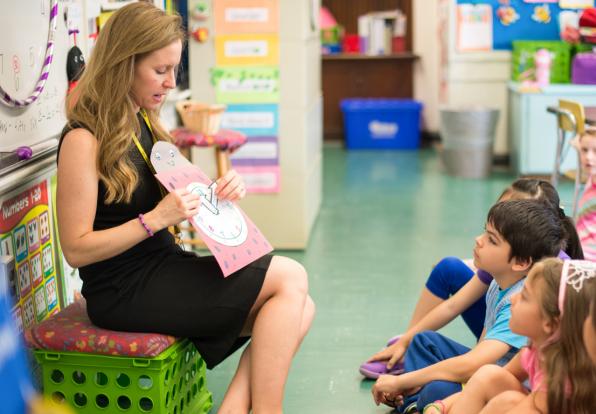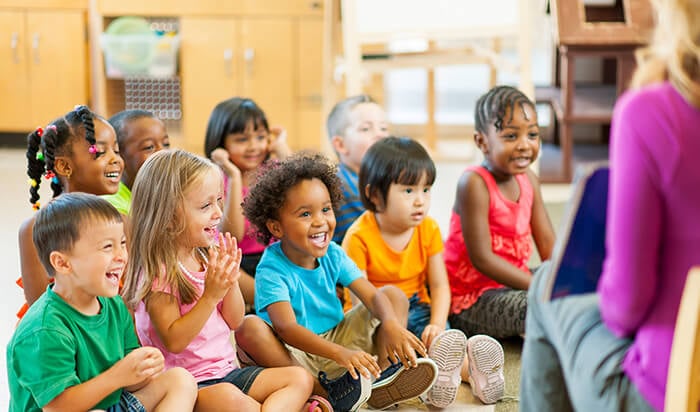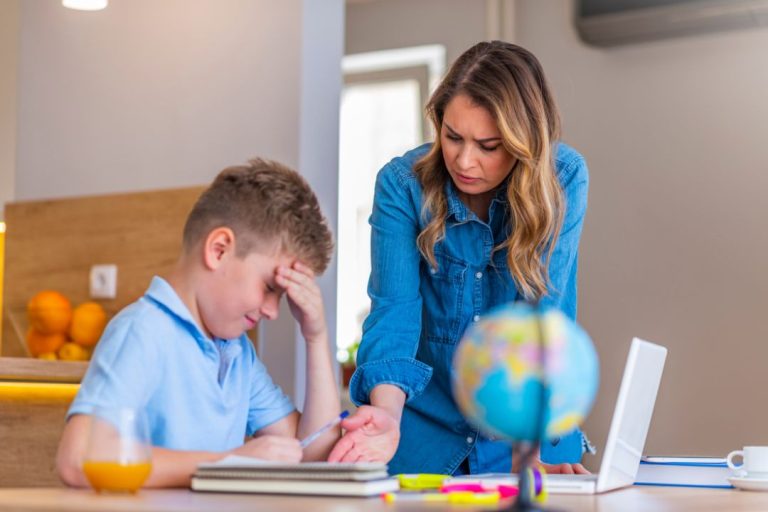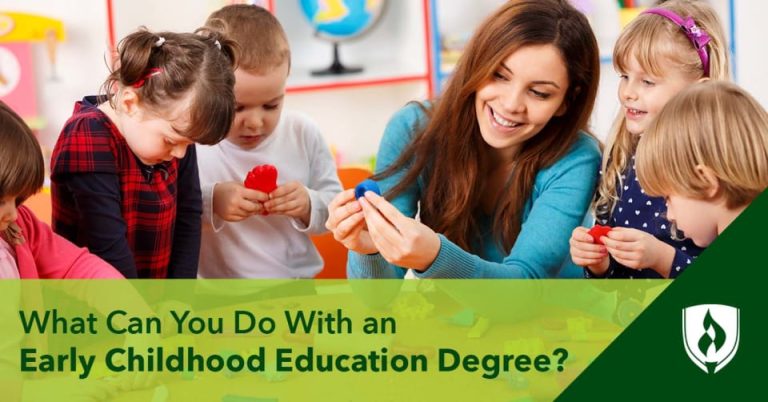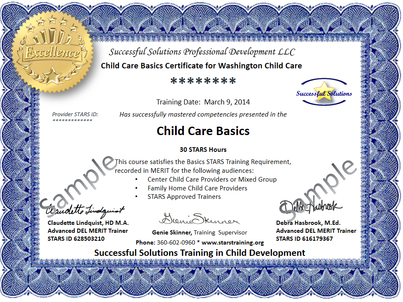Preschool Recycling Activities for Preschoolers: Fun Eco-Crafts!

Preschool recycling activities teach children about sustainability and conservation. Simple projects include sorting games and creating art from recyclables.
Recycling activities for preschoolers present an engaging way to introduce the fundamental concepts of environmental stewardship. These hands-on experiences nurture awareness and responsibility while developing fine motor skills through sorting, assembly, and art-based projects. Initiating these practices at a young age sets the groundwork for lifelong eco-friendly habits.
By incorporating fun and educational recycling tasks into their curriculum, preschool educators can foster a sense of community and teamwork as children learn the importance of taking care of our planet together. Tailoring activities to be age-appropriate ensures that young learners grasp the concepts of waste reduction and resource conservation in a way that resonates with their level of understanding and curiosity.
Benefits Of Preschool Recycling Crafts
Engaging young minds in recycling activities not only teaches them about the importance of caring for the environment, but it also offers a variety of developmental benefits. Preschool recycling crafts provide a creative and responsible way for children to explore materials that would otherwise be discarded. These crafts offer invaluable lessons and skill-building opportunities, making them a staple in early childhood education programs. Let’s dive into the specific advantages these activities bring to the table.
Enhances Fine Motor Skills
Recycling crafts are a fantastic way for preschoolers to sharpen their fine motor skills. By handling small materials such as bottle caps, ripping paper, or threading yarn through holes, children work on coordination and dexterity. Each craft becomes a hands-on mini-adventure, challenging kids to cut, glue, and assemble – all activities that contribute to the development of hand-eye coordination and precision.
Encourages Environmental Awareness
Early exposure to sustainability concepts fosters lifelong ecological consciousness. Preschool recycling projects demonstrate the practical side of reusing materials, emphasizing the impact that individual actions have on the planet. Lessons on why materials should be recycled resonate with children as they see the transformations firsthand. This awareness builds a foundation for environmentally responsible behavior as they grow into well-informed individuals.
Stimulates Creativity
When children delve into recycling crafts, they enter a world of endless possibilities. These crafts ignite the imagination and encourage innovative thinking. Kids learn to view objects, not as waste, but as the building blocks of their next creation. This mindset nurtures problem-solving skills and the ability to think outside the box, which are crucial abilities in every aspect of life.
Additional benefits:
- Promotes teamwork when children collaborate on larger recycling projects
- Encourages sorting and organizing skills as children categorize materials for recycling
- Teaches resourcefulness and value of materials, fostering a non-wasteful mindset
Gathering Eco-friendly Crafting Supplies
Embarking on a preschool recycling adventure taps into the budding creativity of young children while instilling a lifelong commitment to the environment. When introducing recycling activities to preschoolers, the quest begins with gathering eco-friendly crafting supplies. This transformative process not only reinforces the importance of resourcefulness but also turns trash into treasure. Let’s explore how easy and exciting it can be to collect materials that foster creativity and how to use them safely.
Using Everyday Recyclables
An essential part of eco-friendly crafting is identifying and utilizing everyday recyclables that exist within our homes and classrooms. These materials can come from:
- Paper towel and toilet paper rolls
- Plastic bottles and milk jugs
- Glass jars and containers
- Old newspapers and magazines
- Cardboard boxes of various sizes
Implementing a recycling station in the classroom where children can contribute and pick supplies is a great way to keep resources organized and accessible.
Upcycling Items Creatively
The art of upcycling transforms items destined for the bin into stunning creations. Creative upcycling employs imagination and resourcefulness, encouraging children to see potential in the ordinary. Here are some ideas to get started:
- Convert cereal boxes into puppet theaters or picture frames
- Turn yogurt containers into plant pots or treasure holders
- Repurpose egg cartons for paint palettes or sorting games
Safe Material Handling Tips
While collecting and using these supplies, it’s important to ensure safety at all times. Here are some tips for safe material handling:
- Always clean containers thoroughly to prevent the spread of germs.
- Check for sharp edges or small parts that could pose a risk to young children.
- Supervise the use of materials that could be harmful if misused.
- Teach children the basics of recycling and why certain items need to be handled with care.
Preschool Recycling Activities: Art Projects
Engaging young minds in creative art projects is a wonderful way to introduce the concept of recycling. By turning everyday waste materials into beautiful, handcrafted items, preschoolers can learn the value of reusing and repurposing with fun and excitement. As parents and educators, creating an interactive learning environment focused on sustainability can instill lifelong eco-friendly habits. Below are some imaginative art projects that not only help the planet by reducing waste, but also spark joy and creativity in young children.
Diy Cardboard Puzzles
Transform discarded cardboard into a stimulating learning activity with DIY cardboard puzzles. Cut out various shapes or figures from old boxes, and invite children to decorate them with paint, crayons, or markers. Once the designs are complete, slice the cardboard into puzzle pieces. This activity not only promotes recycling but also enhances problem-solving skills and hand-eye coordination.
Plastic Bottle Planters
Repurposing plastic bottles into planters is a dual-purpose activity that teaches children about recycling and growing plants. Cut the bottles in half and allow preschoolers to personalize them with a splash of color and patterns. Fill the lower half with soil and plant seeds or seedlings. Children will marvel at the process of growth within their own crafted planter, learning about nature and the importance of reusing plastic creatively.
Scrap Paper Mosaics
Scrap paper mosaics are a beautiful way to reuse paper scraps. Provide children with an assortment of scrap paper pieces and a sturdy base, such as an old cardboard cutout. Guide them to create patterns or pictures by gluing the scraps onto the base. This activity enhances fine motor skills, encourages color recognition, and demonstrates how materials can be given a second life.
| Activity | Materials Needed | Skills Developed |
|---|---|---|
| DIY Cardboard Puzzles | Cardboard, scissors, coloring supplies | Problem-solving, hand-eye coordination |
| Plastic Bottle Planters | Plastic bottles, paint, soil, seeds | Creativity, understanding of plant growth |
| Scrap Paper Mosaics | Paper scraps, glue, cardboard base | Fine motor skills, color recognition |
Responsible recycling habits start young, and these art projects pave the way for preschoolers to appreciate the value of materials that would otherwise be considered useless. By incorporating these creative activities, children learn the importance of sustainability in a practical, hands-on manner.
Eco-crafts And Preschoolers’ Engagement
Engaging young minds in recycling and environmental awareness can be both fun and educational. Eco-crafts provide an incredible opportunity for preschoolers to learn about sustainability while unleashing their creativity. Hands-on activities like crafting can help them understand the importance of reusing and recycling materials in a way that lectures simply cannot. Through these playful and imaginative experiences, children not only learn vital ecological lessons but also develop their fine motor skills and cognitive abilities.
Craft-centered Storytelling
Craft-centered storytelling is an innovative way to blend the art of story creation with the use of recyclable materials. By crafting characters and props out of cardboard, fabric scraps, and old magazines, preschoolers can bring their stories to life. This hands-on approach to storytelling doesn’t just bolster creativity but also enhances comprehension of sustainability.
- Characters from old socks or mittens
- Scenery from cardboard boxes
- Props from plastic bottle caps
Each crafted element carries a story, transforming the activity into an adventure in eco-consciousness.
Recycling-themed Games And Songs
Incorporating recycling-themed games and songs into the preschool curriculum makes learning about the environment irresistible. Interactive activities like sorting games, where children classify recyclables into bins, are not only educational but immensely entertaining. Add to that catchy, spirited songs with lyrics about recycling, and you have a combination that stays with the little ones long after the activity ends.
- “The Recycling Bin” song
- Sort-the-Waste Relay Race
- Eco-friendly Musical Chairs with recycled materials
Parent-preschooler Collaborative Projects
When parents join in, the impact of these activities multiplies. Parent-preschooler collaborative projects encourage family bonding and present an excellent opportunity for parents to emphasize the importance of environmental stewardship at home. Building bird feeders from plastic bottles or planting a garden using upcycled planters are projects that can be enjoyed together and cherished as growth is observed. An important benefit is the reinforcement of lessons learned, as children experience the real-world application of recycling.
| Project | Materials | Learning Outcome |
|---|---|---|
| DIY Bird Feeder | Plastic bottles, wooden spoons, string | Bird-watching, recycling plastic |
| Upcycled Planters | Old tires, paint, soil | Gardening, repurposing materials |
Preschooler Projects: Sharing The Fun
Encouraging preschoolers to embrace recycling doesn’t just benefit the planet; it sparks creativity and joy in young learners. Integrating hands-on recycling projects into early childhood education fosters a sense of environmental stewardship while offering a platform for preschoolers to express themselves artistically. Let’s create an arena where these budding environmentalists can display their eco-conscious crafts, engage with one another, and spread the fun and importance of recycling through community-driven events.
Setting Up A ‘Green’ Crafts Gallery
Create a space in your classroom or school where recycled art pieces shine. Follow these steps:
- Designate a wall or bulletin board as your gallery space.
- Encourage the children to bring in recyclable materials from home.
- Plan weekly craft sessions focused on transforming these materials into art.
- Display the finished artworks with pride, adding new pieces regularly.
This gallery will not only promote recycling but celebrate each child’s unique contribution to environmental awareness.
Organizing A Preschool Craft Fair
A craft fair offers the perfect stage for little ones to showcase their recycling projects to a wider audience. Steps to make your event a success include:
- Set a date and promote the event among the preschool community.
- Collaborate with children to create a variety of recycled crafts leading up to the fair.
- Involve parents and local businesses to broaden the fair’s reach and impact.
- Include activities like face painting, games, and recycling-themed storytelling to keep the fun going.
Engage the community and celebrate young recyclers as they learn and share.
Eco-crafts Show And Tell Activities
A show-and-tell session focused on eco-friendly crafts offers invaluable educational opportunities:
- Each child presents their recycled creation, explaining the materials used and the process.
- Discuss the importance of reusing materials and how it helps the environment.
- Encourage questions and compliments from peers to bolster confidence and curiosity.
These activities teach children the value of sustainability and the joy of sharing their green initiatives with others.
Frequently Asked Questions Of Preschool Recycling Activities For Preschoolers
What Are Recycling Activities For Preschoolers?
Recycling activities for preschoolers involve fun, educational crafts and games. They teach kids how to sort, reduce, and reuse materials. Activities can include making art from recycled items, playing sorting games, and learning about composting. These projects help preschoolers understand sustainability from an early age.
How Can Preschoolers Learn Recycling Easily?
Preschoolers learn recycling easily through engaging, hands-on activities. Simple tasks like sorting recyclables into bins or creating artwork with used materials make the process enjoyable. Teaching them the basic concepts of reducing waste and reusing resources through songs and stories can also be very effective.
Why Is Teaching Recycling To Preschoolers Important?
Teaching recycling to preschoolers instills environmental responsibility early on. It helps them develop sustainable habits that can lead to a lifetime of eco-friendly actions. Understanding the importance of recycling also encourages preschoolers to think creatively about reusing items and conservation.
Can Recycling Be Part Of Preschool Crafts?
Absolutely, recycling can be an integral part of preschool crafts. Using materials like egg cartons, toilet paper rolls, and old magazines can spark creativity. These crafts teach children the value of reusing items and allow them to see the potential in materials most would consider waste.
Conclusion
Recycling is not just eco-wise, it’s also educational. Our little ones can grow into earth-conscious citizens by engaging in these fun preschool recycling activities. Let their creativity bloom and their environmental stewardship take root. Start today, and watch as they learn the joy of preserving our planet for tomorrow.
Let’s make every day Earth Day for our preschoolers!

Emma combines her teaching experience with her writing skills to produce engaging and informative content. She covers a range of topics, from classroom management to innovative teaching techniques.


